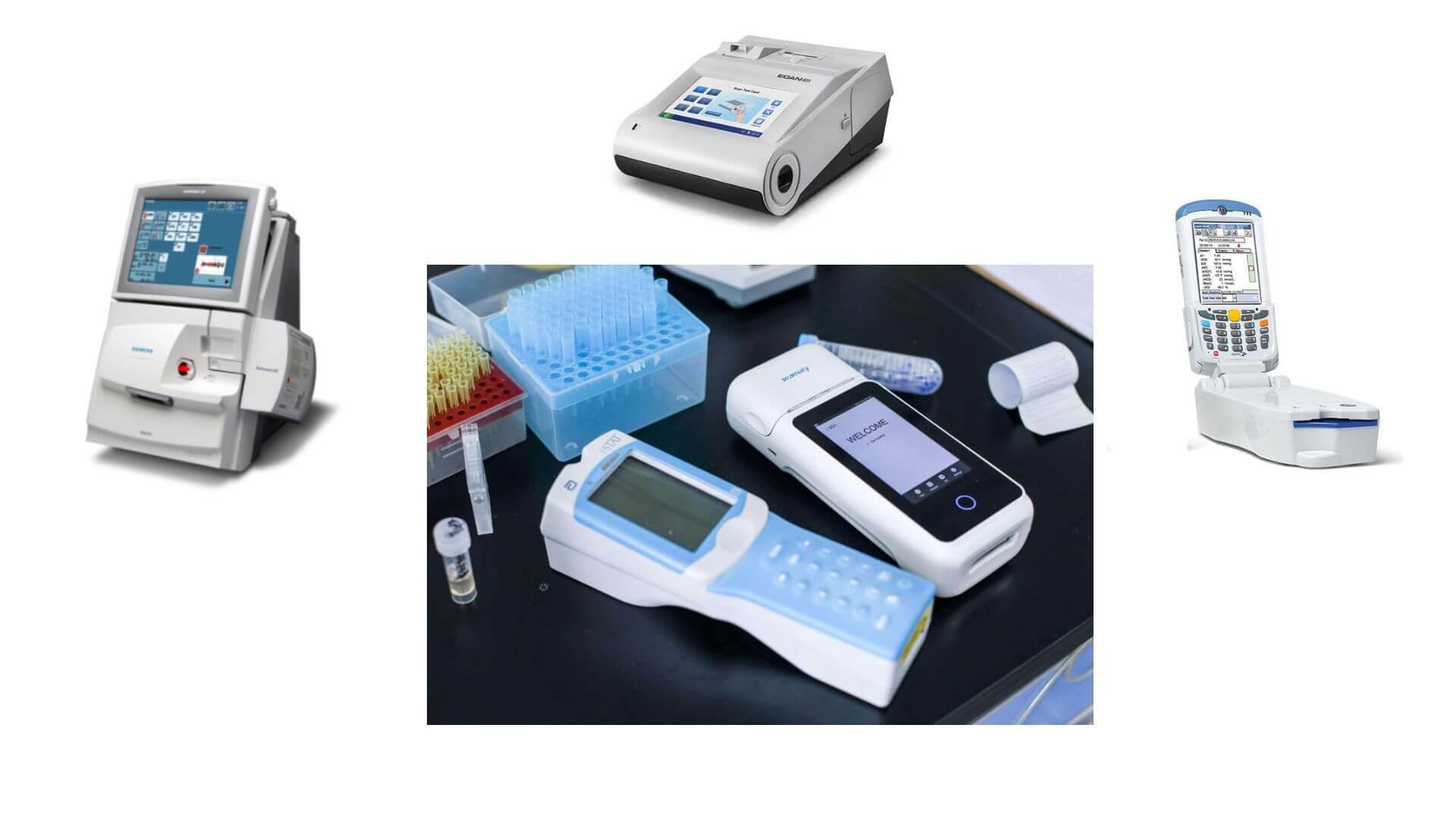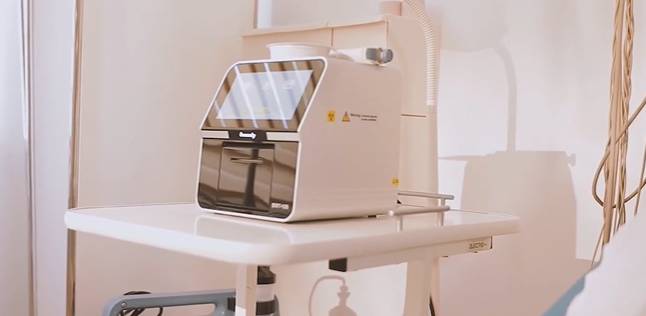release time:2023-10-30 10:56:02
In the fast-paced world of modern healthcare, quick and accurate diagnostic tools are essential. Point-of-care testing (POCT) has emerged as a critical component of patient care, allowing for rapid decision-making and immediate interventions. Blood gas analyzers play a pivotal role in this process, but not all analyzers are suitable for POC testing. In this blog post, we'll explore why choosing the right blood gas analyzer is crucial and provide insights into some of the best options available.

Point-of-care testing (POCT) refers to diagnostic testing performed at or near the patient's location. It offers several advantages, including rapid results, immediate treatment decisions, and reduced turnaround times. Blood gas analyzers are instrumental in POCT as they provide essential information about a patient's oxygen and carbon dioxide levels, pH, and electrolyte balance, which are vital for managing conditions such as respiratory failure, sepsis, and metabolic disorders.
Accuracy is of paramount importance when it comes to POC testing. Even the slightest discrepancy in results can lead to incorrect diagnoses and treatment decisions. Precision is equally vital, ensuring that results are consistent and reliable.
In a healthcare setting, mobility and ease of use are crucial. Portable analyzers with user-friendly features are preferred for POC testing, as they can be easily moved between patient rooms, emergency departments, and other clinical areas.
Speed can make all the difference in critical care situations. The ability to obtain results quickly can expedite treatment and improve patient outcomes.
Ease of maintenance and calibration can reduce downtime, cut long-term costs, and ensure the analyzer's reliability.
Benchtop analyzers offer high accuracy and precision but lack the portability required for POC testing. They are more suitable for centralized clinical laboratories.
Portable handheld analyzers are designed for POC testing. They offer a balance between accuracy and portability, making them ideal for on-the-spot diagnostic needs.
Cartridge-based analyzers provide convenience and quick results, often with a smaller footprint. They are ideal for certain POC scenarios but may have limitations regarding test options.
In the world of blood gas analyzers suitable for POCT, several noteworthy options stand out:
1. GEM Premier 5000 Blood Gas Analyzer by Werfen North America: This analyzer provides automated quality assurance with every whole blood sample. It features next-generation Intelligent Quality Management (iQM2), which detects potential errors not only before and after but also during sample analysis, along with real-time correction and documentation.
2. epoc® Blood Analysis System by Siemens Healthineers: This analyzer delivers accurate results in real-time and is designed for use in critical care settings.
3. i-STAT 1 by Abbott Point of Care: This handheld blood analyzer delivers lab-quality diagnostic results in minutes.
4. SG1 handheld blood gas & electrolyte analyzer by Seamaty: This handheld portable blood gas analyzer integrates microfluidic and microbiosensing technologies to provide comprehensive blood gas and electrolyte testing. It features dual monitoring and triple calibration to ensure precision, and delivers rapid results in just four minutes.
When choosing a blood gas analyzer for POC testing, healthcare facilities need to assess their specific needs and match the features of the analyzer to those requirements. Additionally, considering vendor support and training is vital to ensure the proper implementation and utilization of the chosen analyzer.
In conclusion, not all blood gas analyzers are created equal when it comes to suitability for POC testing. It's essential to make informed decisions to provide the best patient care. With the right blood gas analyzer, healthcare professionals can harness the power of POCT to improve patient outcomes and streamline clinical processes.
Additional Resources
For more information on blood gas analyzers and POC testing, you can explore the following resources:
[1].GEM Premier 5000 Blood Gas Analyzer | Werfen North America
[2].Individualized Quality Control (IQCP) Plan for Point of Care
[3].Blood Gas Products - Siemens Healthineers USA
[4].Blood gas analyzers - Blood gas testing - Radiometer
[5].Decoding Blood Gas Analyzers(BGA): Selecting, Applications, and Top 6 Picks
[6].Portable Blood Gas Analyzers: Empowering Remote Healthcare and Emergency Medical Services
[7].A Cost-Effective Alternative to the Abbott i-STAT: Seamaty SG1 Blood Gas&Electrolyte Analyzer

2024-08-01
Decode your blood test results with ease. Learn about common blood tests, understand what the numbers mean, and empower yourself with knowledge.

2023-07-10
Discover the vital role of coagulation testing in animal health assessments. From pre-surgical evaluations to identifying underlying diseases, learn why coagulation tests are crucial for ensuring the well-being of your furry companions.

2021-09-14
Last time we introduced the 6 disadvantages of POCT test and the solutions. Now let's understand the remaining 3 disadvantages together.